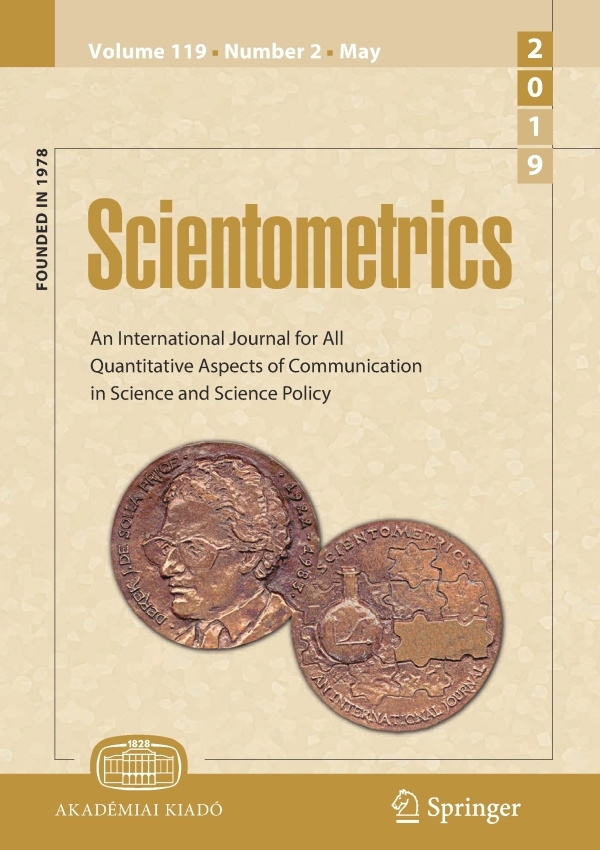
In an article in the open-access journal Scientometrics, Assistant Professor Ko and colleagues study whether humans or machine learning (ML) classification models are better at classifying scientific research abstracts according to a fixed set of discipline groups. They recruited both undergraduate and postgraduate assistants for this task in separate stages and compare their performance against the support vectors machine ML algorithm at classifying European Research Council Starting Grant project abstracts to their actual evaluation panels, which are organized by discipline groups.
On average, they discovered, ML is more accurate than human classifiers, across a variety of training and test datasets, and across evaluation panels. ML classifiers trained on different training sets are also more reliable than human classifiers, meaning that different ML classifiers are more consistent in assigning the same classifications to any given abstract, compared to different human classifiers. While the top five percentile of human classifiers can outperform ML in limited cases, selection and training of such classifiers is likely costly and difficult compared to training ML models. Their results suggest that ML models are a cost effective and highly accurate method for addressing problems in comparative bibliometric analysis, such as harmonizing the discipline classifications of research from different funding agencies or countries.
Goh, Y.C., Cai, X.Q., Theseira, W. et al. Evaluating human versus machine learning performance in classifying research abstracts. Scientometrics 125, 1197–1212 (2020). https://doi.org/10.1007/s11192-020-03614-2